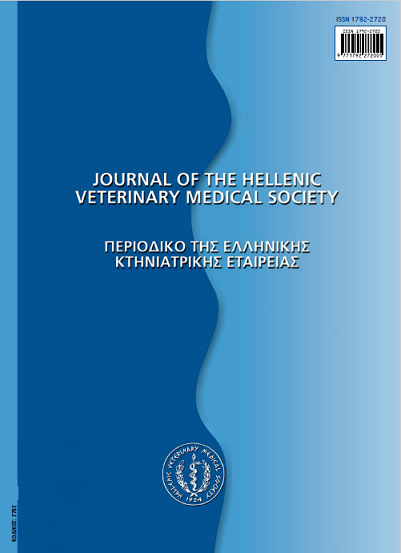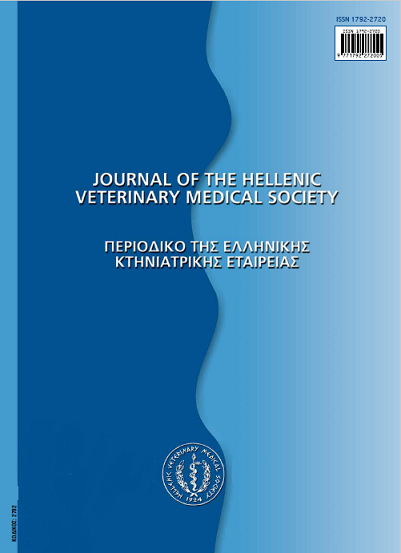Aflatoxin effects on animals health and milk composition of the ruminants

Abstract
Anatoxins constitute toxic metabolites of the fungi Aspergillus flavus and Aspergillus parasiticus and are considered to be the mycotoxins, first detected and researched by the scientists. Aflatoxin consumption by animals or humans could lead to their organism function disorder, mainly depending on the duration of consumption and the quantity of the toxin. Such disorders, caused by aflatoxins and/or by other mycotoxins as well, could seriously affect animal production, the quality of the foods of animal origin and also the farmers income. After aflatoxin Bl is consumed by lactating animals, it is metabolised to aflatoxin Ml, which is excreted into the milk. As a consequence of aflatoxin influence on the general condition of animals, together with the excretion into the milk, the effects on milk quality, including changes in some milk components concentration could be considered as possible. Unfortunately, the present literature regarding this suggestion is inadequate. The reports regarding aflatoxin effects on the general condition of animals are mainly related with basic parameters, whose change can influence animal production. Such parameters are the body weight and the biochemical parameters of liver and kidneys. Reduction of body weight, decreased food consumption, increased concentrations of aspartate aminotransferase and probably of alanine aminotransferase, extensive liver damage are reported by most authors. As for the milk fat concentration, some researchers did not reveal any aflatoxin effects on fat values, while others report a significant reduction of milk fatty acids.These results were attributed to the inhibition or the decreased production of some enzymes, appropriate for fatty acids synthesis, such as synthetase. Regarding the milk protein content, no aflatoxin effects on it are reported. Most researchers make reason for a slight increase of total protein blood levels after aflatoxin consumption as well as for RNA polymerase suspended action, resulting in the inhibition of a lot of metabolic reactions, such as protein synthesis. Moreover, no significant changes were recorded concerning either the milk lactose content or the glucose blood concentration, after aflatoxin consumption. The likelihood of the possible aflatoxin effects on udder health, resulting in mastitis, or on somatic cell count and total microbial count changes cannot be supported by the up-today existing data. Additionally, these parameters could be affected by a variety of factors, requiring, for this reason, extensive research.
Article Details
- How to Cite
-
KOUROUSEKOS (Γ.Δ. ΚΟΥΡΟΥΣΕΚΟΣ) G. D. (2017). Aflatoxin effects on animals health and milk composition of the ruminants. Journal of the Hellenic Veterinary Medical Society, 62(1), 38–47. https://doi.org/10.12681/jhvms.14834
- Issue
- Vol. 62 No. 1 (2011)
- Section
- Review Articles
Authors who publish with this journal agree to the following terms:
· Authors retain copyright and grant the journal right of first publication with the work simultaneously licensed under a Creative Commons Attribution Non-Commercial License that allows others to share the work with an acknowledgement of the work's authorship and initial publication in this journal.
· Authors are able to enter into separate, additional contractual arrangements for the non-exclusive distribution of the journal's published version of the work (e.g. post it to an institutional repository or publish it in a book), with an acknowledgement of its initial publication in this journal.
· Authors are permitted and encouraged to post their work online (preferably in institutional repositories or on their website) prior to and during the submission process, as it can lead to productive exchanges, as well as earlier and greater citation of published work.



